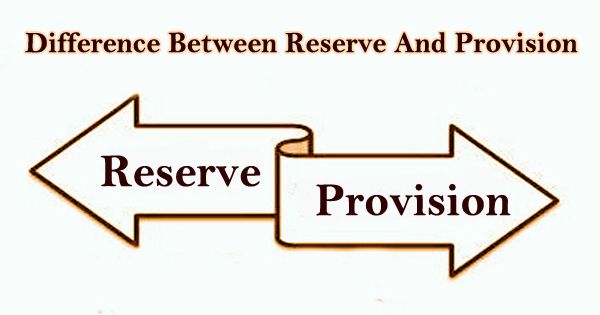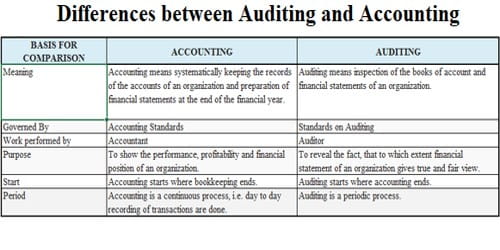Concept of Cost of Ordinary Shares or Equity Shares
The cost of Equity is the rate of return a company pays out to equity investors. The shares on which dividend rate is not predetermined and the maturity period are not stated are called ordinary shares. A firm uses the cost of equity to assess the relative attractiveness of investments, including both internal projects and external acquisition opportunities. Ordinary shareholders are the real owners of the company and they have the voting right. Ordinary shareholders receive the residual income i.e the income left after paying the interest to debt-holders and dividends to preference shareholders. Each share of stock generally gives its owner the right to one vote at a company shareholders’ meeting. Thus, the amount of dividend payable to ordinary shareholders is pre-determinable. Unlike in the case of preferred shares, the owner of ordinary shares is not guaranteed a dividend.
An ordinary share represents a fraction of ownership in the corporation that issues it. Since the amount of dividend payable to ordinary shareholders is pre-determinable, the cost of an ordinary share is calculated either on the basis of earning per share or by estimating the expected dividend on the basis of the growth rate of past dividends. As an owner, the shareholder gets a vote in the company’s major decisions, decided at its shareholder meetings. Ordinary share capital is the sum of money raised by a corporate from private and public sources through the issue of its common shares.
A firm’s cost of equity represents the compensation the market demands in exchange for owning the asset and bearing the risk of ownership. The shareholder may or may not receive a dividend. The company’s board of directors decides whether a dividend will be awarded, and how much it will be. The dividend represents the stock owner’s share of the profits of the corporation over the past quarter or year. The ordinary share capital has equity ownership in the company in proportion to their holdings.
The cost of equity is the return a company requires for an investment or project, or the return an individual requires for an equity investment. Ordinary shareholders take on greater financial risk than preferred shareholders of a corporation, but they also may reap greater rewards. If a company makes a large profit, the creditors and preferred shareholders do not receive more than the fixed amounts to which they are entitled, while ordinary shareholders may divide the windfall among themselves. Ordinary Shares Capital is one of the primary ways to finance various projects and purposes. It is usually considered better than debt methods like loans etc.
















